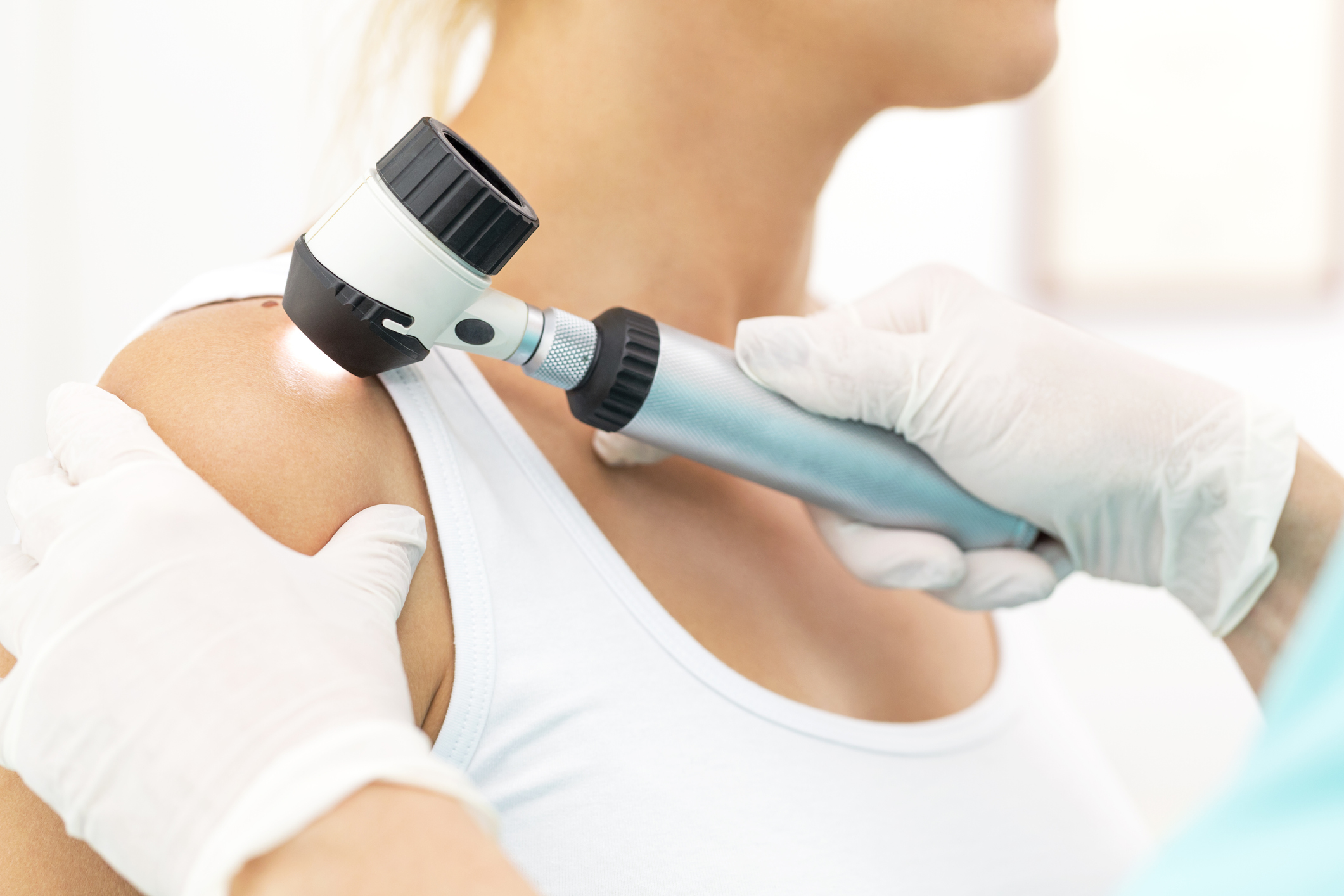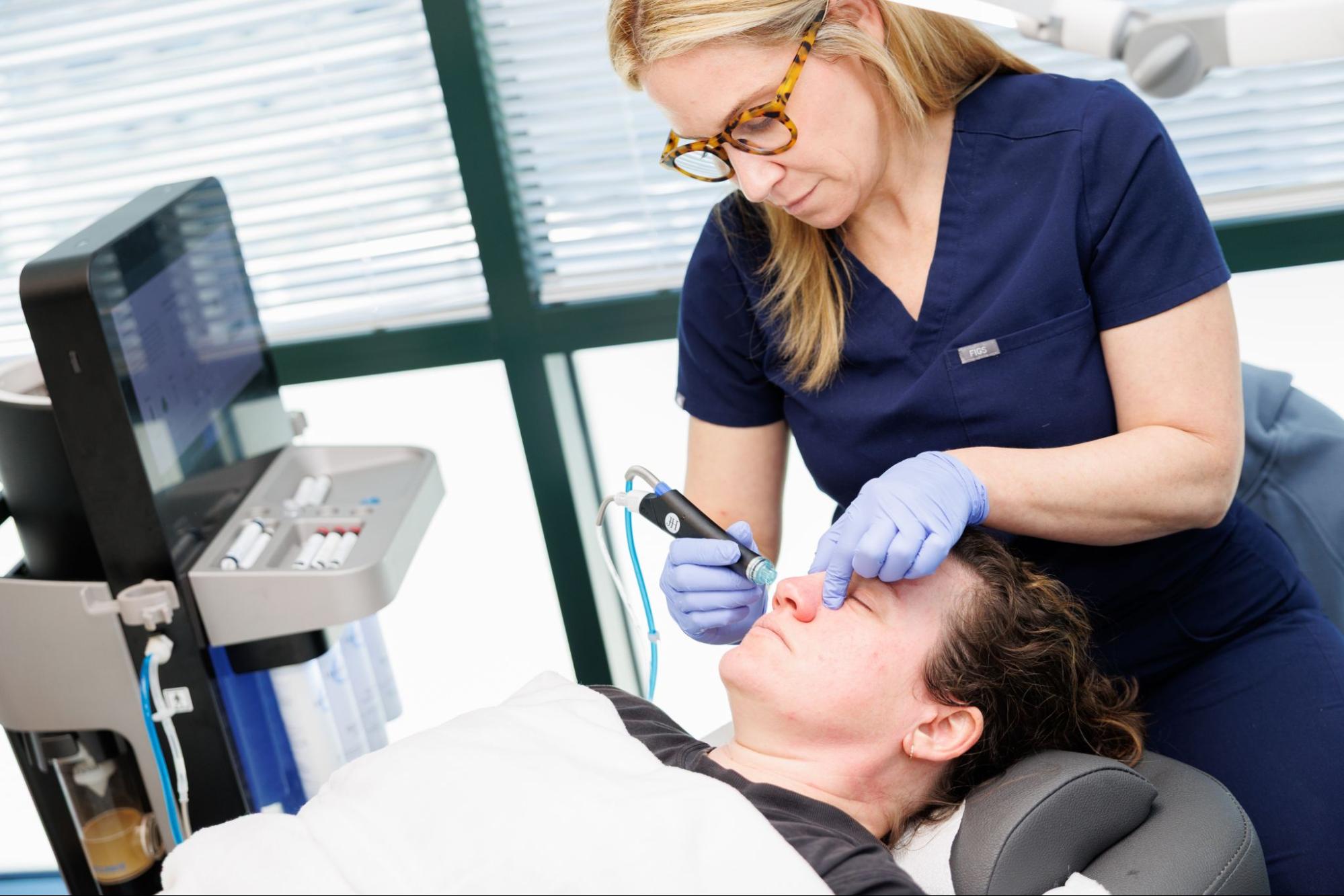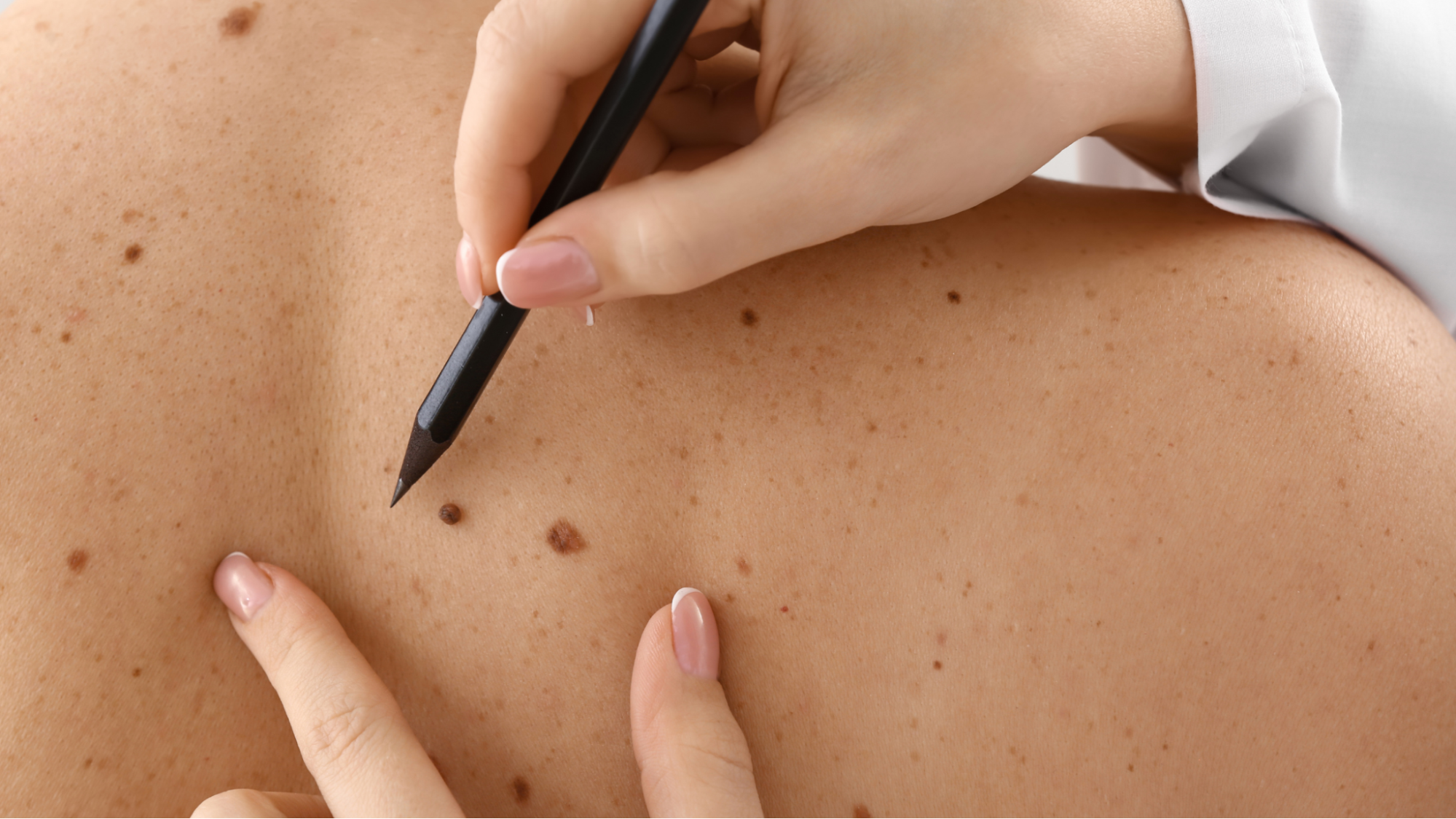Skin cancer is one of the most common types of cancer in the world, affecting millions of people each year. However, when caught early, it can be treated with high success rates. That’s why regular skin cancer screenings are so important.
What are the different types of skin cancer?
Skin cancer is a type of cancer that starts in the skin. There are three main types of skin cancer: basal cell carcinoma, squamous cell carcinoma, and melanoma.
Basal cell carcinoma is the most common type of skin cancer, and it typically appears on the face, neck, or other areas that are frequently exposed to the sun. Squamous cell carcinoma is the second most common type of skin cancer, and it also typically appears on sun-exposed areas. Melanoma is the most dangerous type of skin cancer, and it can spread to other parts of the body if not caught early.
Why are regular skin cancer screenings important?
Regular skin cancer screenings are essential for the early detection and treatment of skin cancer, which is the most common form of cancer in the United States. Skin cancer can develop from any skin type and can occur anywhere on the body. Regular skin cancer screenings can help detect any unusual changes in the skin, such as new moles, changes in the shape or size of existing moles, or any other unusual growths. Early detection of skin cancer can lead to better outcomes, as it can be easier to treat and may not have spread to other parts of the body.
Skin cancer screenings can also provide an opportunity for individuals to learn about their risk factors for skin cancer, as well as ways to protect themselves from harmful UV radiation. By taking steps to protect your skin, you can reduce the risk of developing skin cancer.
Who should get regular skin cancer screenings?
Anyone can develop skin cancer, regardless of age or skin color. However, some people are at higher risk than others. If you have a history of skin cancer in your family, have a lot of moles or freckles, or have a history of excessive sun exposure, you may be at higher risk for skin cancer and should consider getting regular skin cancer screenings.
What happens during a skin cancer screening?
During a skin cancer screening, your dermatologist will examine your skin from head to toe, looking for any suspicious moles or spots. They may also use a special magnifying glass or a dermatoscope to get a closer look at any suspicious areas.
If any moles or spots look concerning, a biopsy may be recommended. During a biopsy, a small piece of skin is removed and sent to a laboratory for analysis. This can help determine whether the mole or spot is cancerous or not.
How often should you get a skin cancer screening?
The frequency of skin cancer screenings depends on your individual risk factors. If you’re at higher risk for skin cancer, your doctor may recommend that you get screened more often. If you’re at lower risk, you may only need to get screened once a year.
It’s important to talk to your doctor about your individual risk factors and to follow their recommendations for how often to get screened.
What can you do to reduce your risk of skin cancer?
There are several things you can do to reduce your risk of skin cancer. The most important thing is to protect your skin from the sun. This means wearing protective clothing, using sunscreen with a high SPF, and seeking shade during the sunniest parts of the day.
You should also avoid tanning beds, as they can increase your risk of skin cancer. If you notice any changes in your skin, such as new moles or spots, it’s important to have them evaluated by a dermatologist or medical professional as soon as possible.
Regular skin cancer screenings are an important part of maintaining your overall health. They can help detect skin cancer early, when it’s most treatable, and identify any suspicious moles or spots that may require further evaluation. If you’re at higher risk for skin cancer, it’s especially important to get screened regularly and to take steps to protect your skin from the sun. Talk to our team today and schedule a skin cancer screening with one of our expert board-certified dermatologists at Georgia Skin Specialists.







